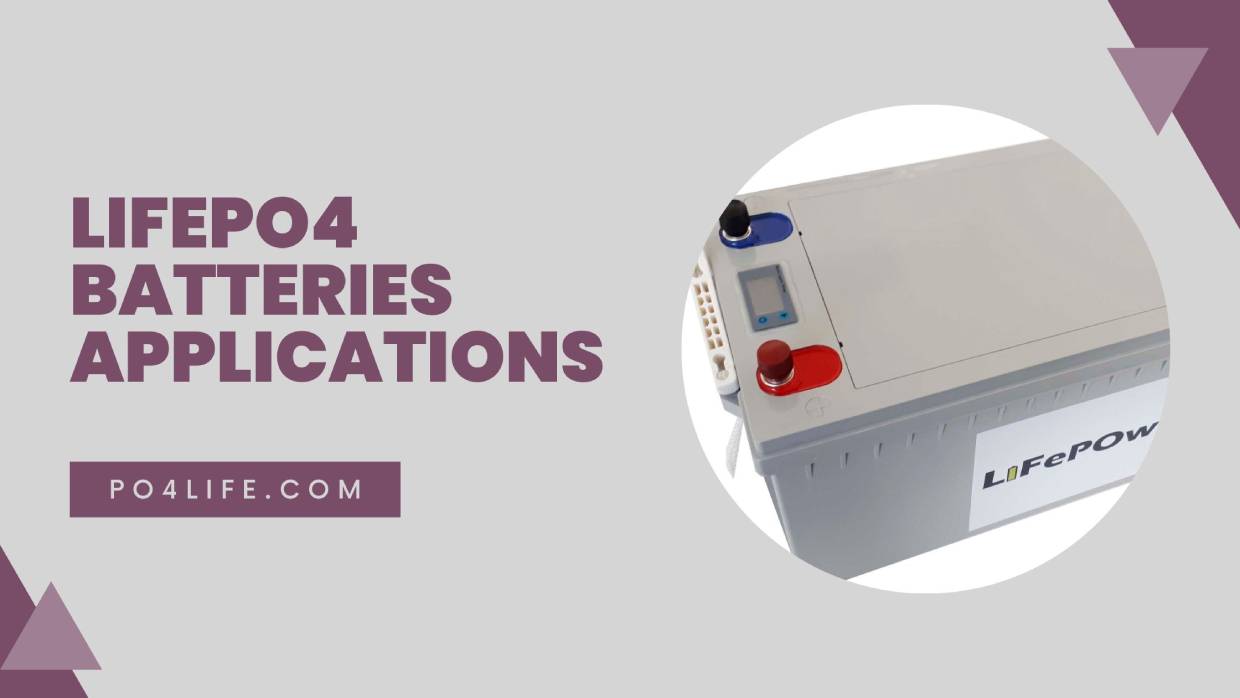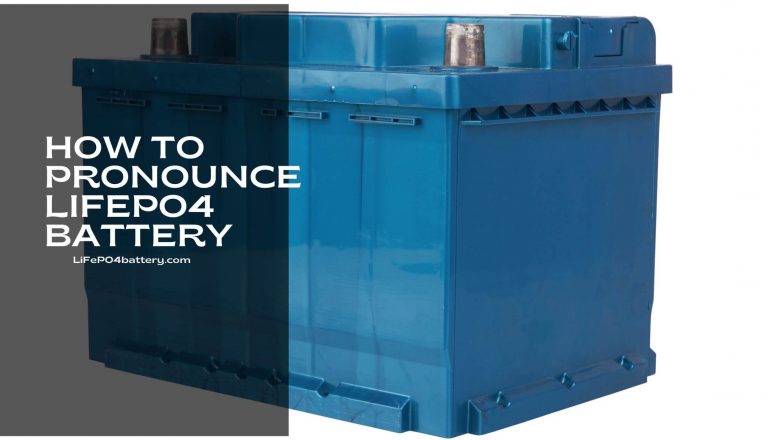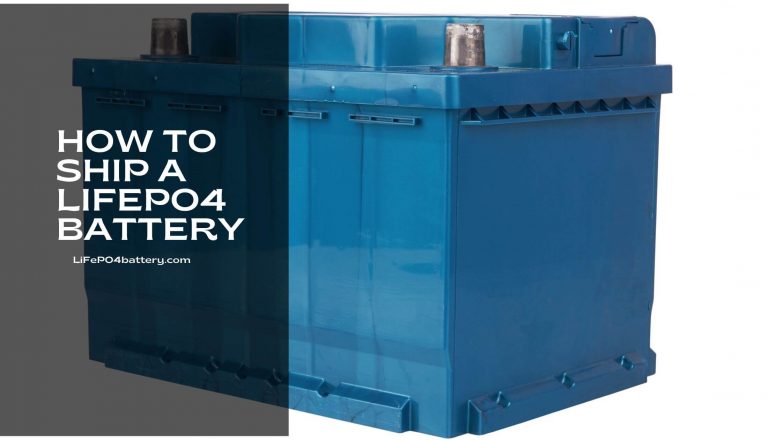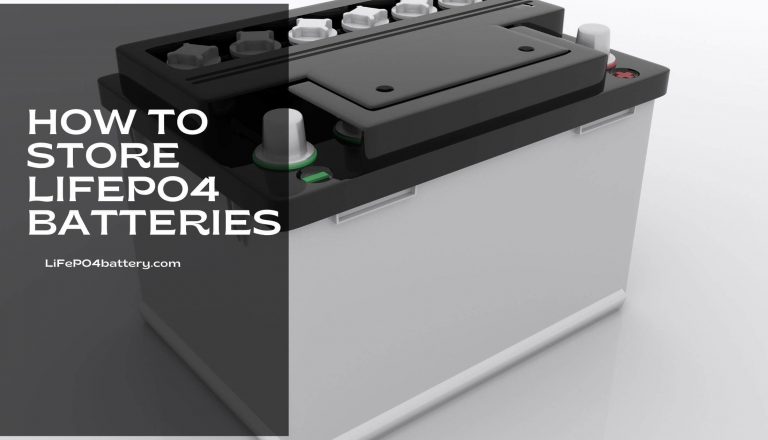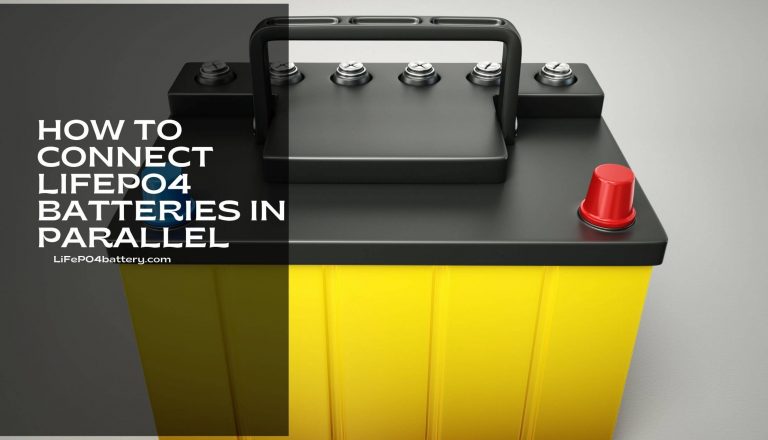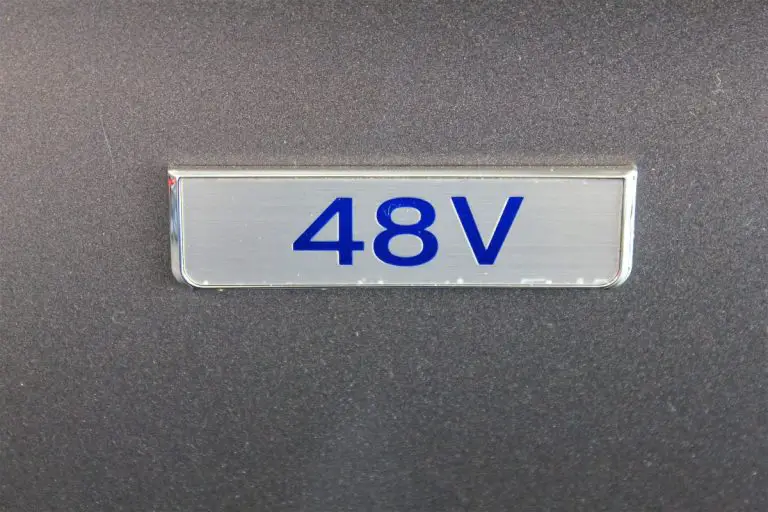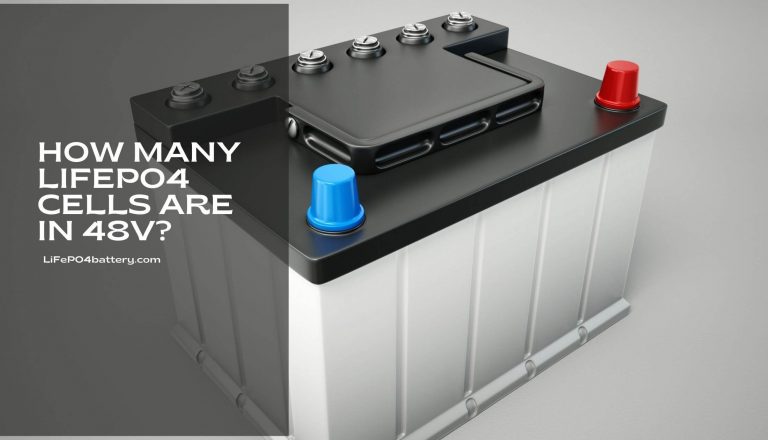What Are LiFePo4 Batteries Used For?
Lithium-ion batteries are a much newer innovation in the battery industry and have gained popularity in the last 25 years. But if you recall some stories in recent years, it can be seen that Lithium-ion batteries are gaining popularity to catching fire. It was one of the main reasons lithium was not used commonly to create large battery banks.
Then comes the Lithium-iron phosphate technology or LiFePO4 technology. This newer Lithium solution was intrinsically non-combustible with lower energy density. LiFePO4 battery is not only safe, but it has wide application in comparison to any lead-acid or lithium-ion battery.
Though LiFePO4 batteries are not new, it is now gaining popularity in the global commercial market. Lithium Iron Phosphate Battery (LiFePO4 or LFP) has lots of benefits. Longer life span, limited to zero maintenance, lightweight, charge efficiency, improved discharge, safe- to name a few! LiFePO4 battery is not affordable, but its long life span, zero maintenance, and safety make it the best option for multiple applications.
Just like the benefits, the application of LiFePO4 batteries is enormous!
RV Application

Low-temperature LiFePO4 battery is the best for RVs:
Let’s look at the features of the LiFePO4 battery:
- Low-temperature LiFePO4 batteries have good temperature resistance. The range of operating temperature is from -40 degrees C to 50 degrees C
- The discharge current at 0.2 degrees C is 85% of the initial capacity
- LiFePO4 batteries have a higher capacity than any smaller size Lead-acid batteries
- Longer self-life
- 2000+ deep cycle
These features have made LiFePO4 batteries ideal for RVs.
You might also like to know about TOP LifePo4 Battery Manufacturers & Brands
Application to the new energy Industry

LFP or lithium iron phosphate batteries are now widely used in logistic vehicles, low-speed electric vehicles, passenger cars, buses, etc. Although ternary batteries occupy a dominant position in the current new passenger vehicle industry, LFP technology is gaining traction. In special-purpose vehicles, the use of LiFePO4 batteries is increasing gradually.
In the electric vehicle market, the use of Lithium Iron Phosphate batteries not only ensures and enhances the safety of vehicles but also supports marketization. Now, the question is how LiFePO4 batteries are related to the marketization of electric vehicles? The answer will be that it can eliminate the anxiety of pure electric vehicles related to mileage issues, charging, and subsequent battery issues.
Application to the energy storage market

LFP batteries have a series of unique benefits. For Example:
- It is safe and even more practical in low-temperature
- Environment friendly and safe to use in any system
- Customizable (voltage, capacity, BMS can be adjustable)
- The cycle of life can reach thousands of cycles
- Low self-discharge rate
With these features, LFP batteries are considered suitable for large-scale electric energy storage.
Currently, Energy Power station has good prospects in UPS power supplies, energy power systems, grid peak shaving, and distributed power station. Therefore, with the rise of the energy storage market, some battery solution companies are trying to open up a new application market for LiFePO4 batteries.
With the characteristic features of ultra-long life span, large capacity, safe and reliable use, and environmental protection, LiFePO4 batteries and technology can be transferred to the energy storage field. It can extend the value chain and promote the establishment of a new business idea. These, in turn, have made the LiFePO4 batteries the mainstream choice for the energy storage system and market.
Nowadays, it can become evident that LFP is used widely in electric buses, grid-side frequency modulation, electric trucks, etc.
Safe grid connection of renewable power generation
Photovoltaic Power Generation is usually affected by the intensity of sunlight, temperature, and weather condition. In the case of western countries, this photovoltaic power generation is restricted often due to random fluctuation. In the United States, development trends of Large-scale development of medium and high voltage access, decentralized development, and low-voltage on-site access put the need for grid peak saving and safe operation of power system requirements.
Therefore, large-capacity energy storage is the only option to solve this contradiction between renewable power generation and the power grid. And in this scenario, we can not deny the unique features of LFP batteries. The robust scalability and flexible operation mode have made LiFePO4 batteries one of the best options for improving renewable energy power generation. Simultaneously, this battery has also the best fit to solve the local voltage fluctuation problem, improving the power quality.
Currently, the LiFePO4 batteries are available in the market and used to pass long-term safety and reliability tests. So, it can easily be used in photovoltaic power generation and wind power.
Another Applications of Lithium Iron Phosphate Battery:
Distributed power station
One of the most significant shortcomings in large-scale power grids is to maintain the quality, safety, and reliability needs of the power supply, harmonically! For large industry or critical units, dual or even multiple power supplies are always needed for backup and protection. Here comes the application of LFP batteries. Lithium-iron-phosphate battery and its energy storage system can decline the scope of a power outage, happen due to grid failure, or various accidents. It also ensures safety and reliability in continuous power supply, specifically when focusing on Hospitals, banks, and Control Centres.
Grid Peak Shaving

The only method for grid peak saving is to pump the storage power stations. On the other hand, this storage power station needs two reservoirs that are dependable on a region’s geographic condition. So, it is not easy to maintain grid peak shaving as per requirements, and it covers the vast costs and large areas. So, what will be the solution? Replace the pumped storage power station with a Lithium iron phosphate battery energy storage system. The benefit is that the LFP storage system is free e from geographic conditions, can cope with high grid peak load, and has no need for a large area or heavy investments.
UPS Power Supply

In a country like China, the rapid development of the economy has decentralized the UPS power users’ demand. As a result, more industries and enterprises are demanding UPS power.
In such a scenario, the application of LiFePO4 batteries can never be denied. Compared to any lead-acid battery, the LiFePO4 battery can be characterized by a low self-discharge rate, environmental protection, long cycle life, safety, and stability. Additionally, with continuous development in BMS technology and decreased cost, LFP batteries extend their use in the UPS power supply. And will be used widely in the future!

